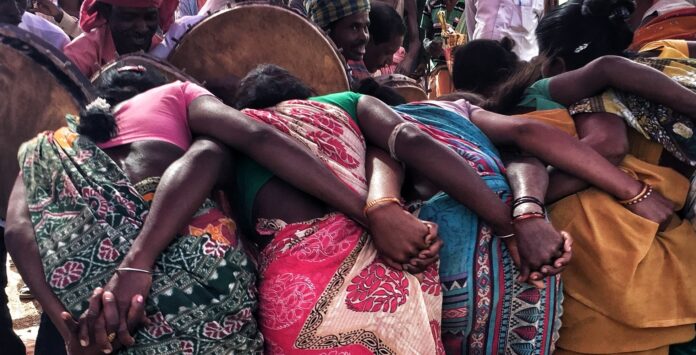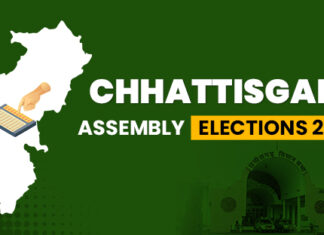The world knows little of the political situation in India. With a conservative regime that considers social protest to be seditious, the Indian state is persecuting Indigenous Peoples and human rights defenders. Tribal communities are the silent victims of growth in the Indian economy. The cases of defender Soni Sori and Jesuit priest Stan Swamy.
At 83 years of age, Father Stan Swamy is recognised as having devoted a lifetime to working for India’s Indigenous Peoples and Dalits, as members of India’s poorest and most discriminated caste are known. On 8 October 2020, the Jesuit priest was arrested at his home on charges of inciting violence at Bhima Koregaon on 1 January 2018, the site of a major riot in which one person was killed and several more injured. He was also singled out as participating in the commemoration of the Elgar Parishad, the 200th anniversary of the battle of Bhima Koregaon. Father Swamy did not attend either event.
The National Investigation Agency (NIA) transferred Stan Swamy to a court in Mumbai and ordered his imprisonment under the Unlawful Activities Prevention Act. As of 15 January 2021, Father Swamy had served 100 days of imprisonment in Taloja Central Jail. The priest suffers from Parkinson’s disease and was denied a glass in his cell for two months. In his application for bail, Swamy alleged that he was being targeted because of “the nature of his writings, his work on caste, the land struggle of India’s peoples and violations of their democratic rights.” For its part, the NIA alleges that Father Swamy has links with Maoist groups.
Stan Swamy is one of thousands of human rights defenders in India. Unlike the criminalisation and persecution suffered in other countries, which are well covered by the international press, the case of India remains largely unknown. When you think of India, you probably think of its economic growth, its software development or Bollywood movies but you rarely consider the suffering of its Indigenous Peoples and their defenders.
3. Legal instruments to criminalise dissent
Following the May 2014 parliamentary elections, the right-wing Hindu nationalist Bharatiya Janata Party (BJP) came to power with a majority of the seats. The period from 2014 to 2019 was marked by acts of violence on the part of BJP supporters in their staunch defense of the cow, the sacred animal of the Hindus, and attacks on religious minorities.
Following the BJP’s further victory in 2019 with a larger majority, the agenda to turn India into a Hindu nationalist state was stepped up. Narendra Modi’s government repealed Article 370 of the Indian Constitution, which grants special status to the regions of Jammu and Kashmir; granted refuge to non-Muslims from Afghanistan, Bangladesh and Pakistan; and threatened to implement a National Register of Citizens, a move that will affect the rights of India’s Muslim minority.
Also read: NIA Raids Lawyers’ and Activists Residence in Aandhra Pradesh
As a result, mass protests against Hindu nationalist measures have been taking place since May 2019, resulting in state repression. Most of those prosecuted are activists, comedians or journalists. Dissent has become synonymous with opposition to the government and has been typified in the Penal Code and in the Unlawful Activities Act. Both legal instruments are the means by which those who oppose the government and its nationalist programme are prosecuted. Hundreds of people are now in prison under these laws.
It is within this general framework of criminalising dissent in India that the persecution of Indigenous Peoples’ activism is taking place. Living in remote areas, with few means of communication, Indigenous rights defenders are confronting environmental problems and defending their right to self-determination. Their resolve is only deepened by the radicalisation of the government and the general situation in the country.























